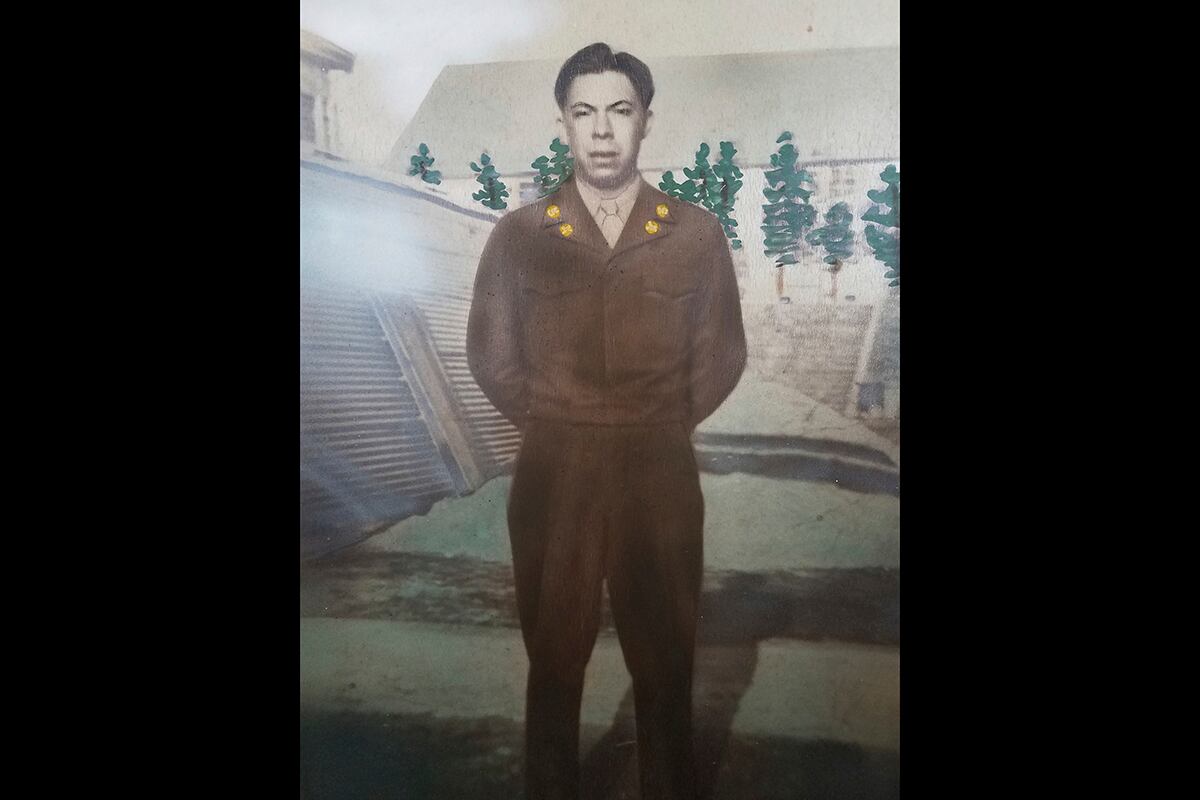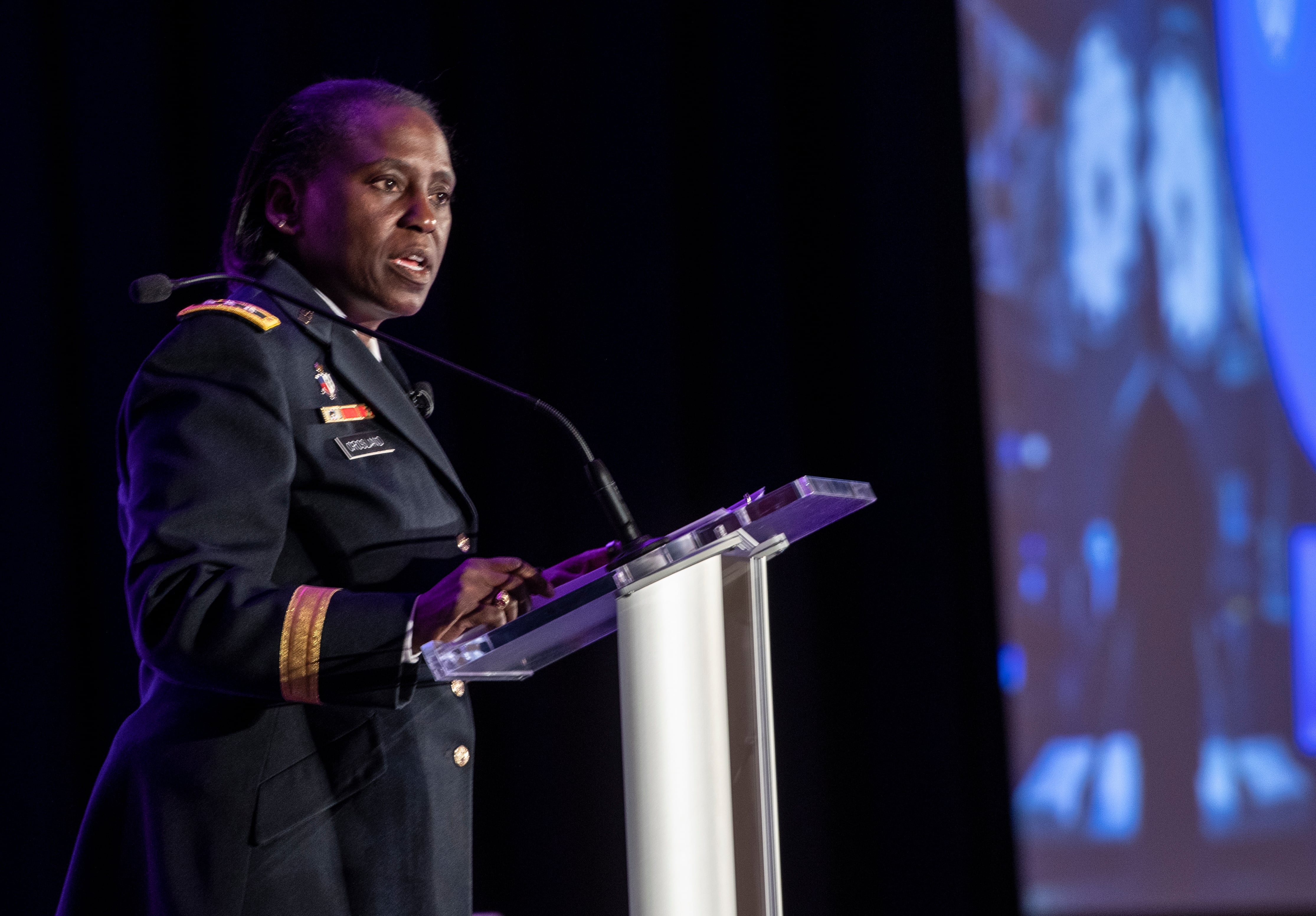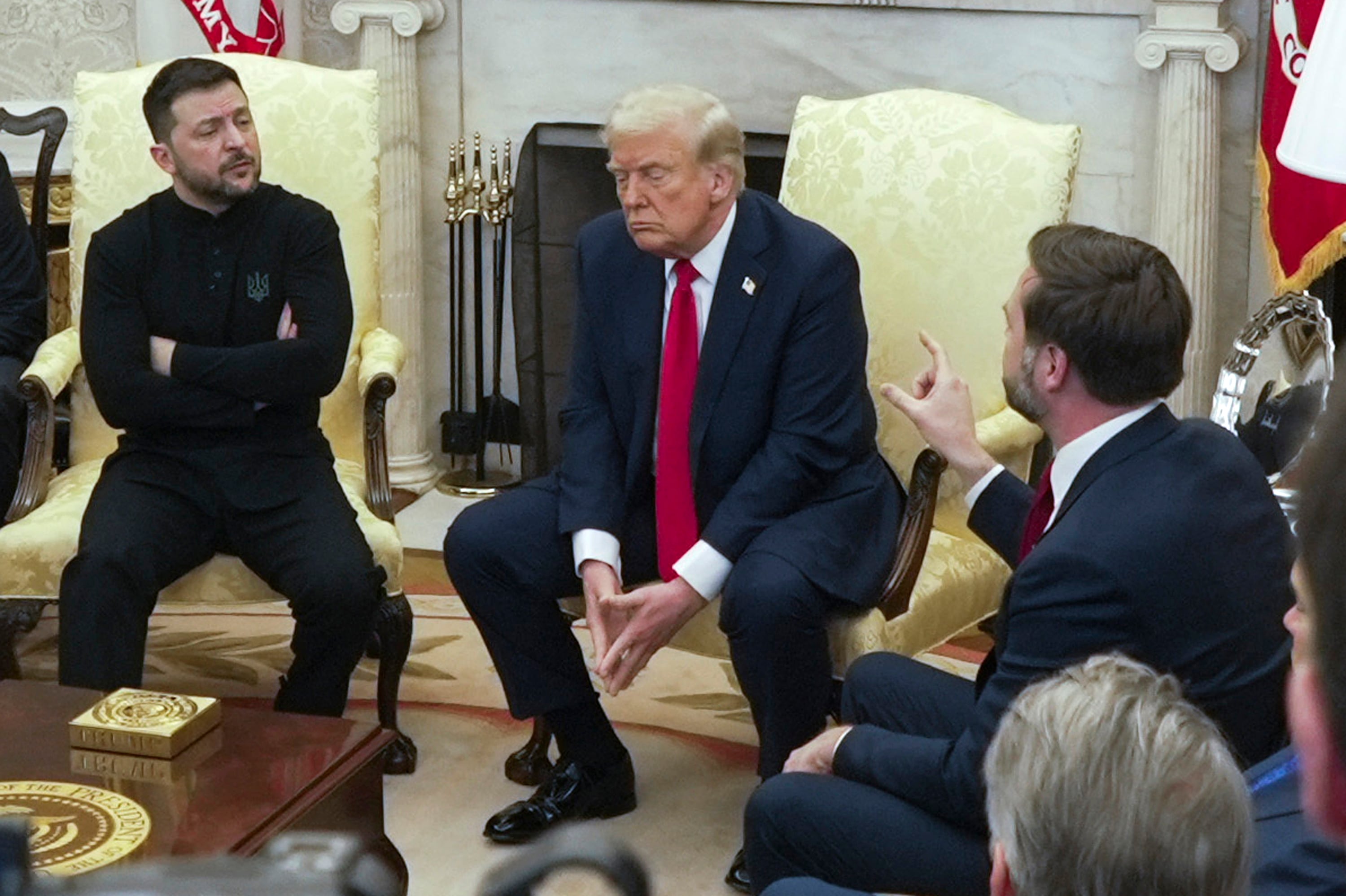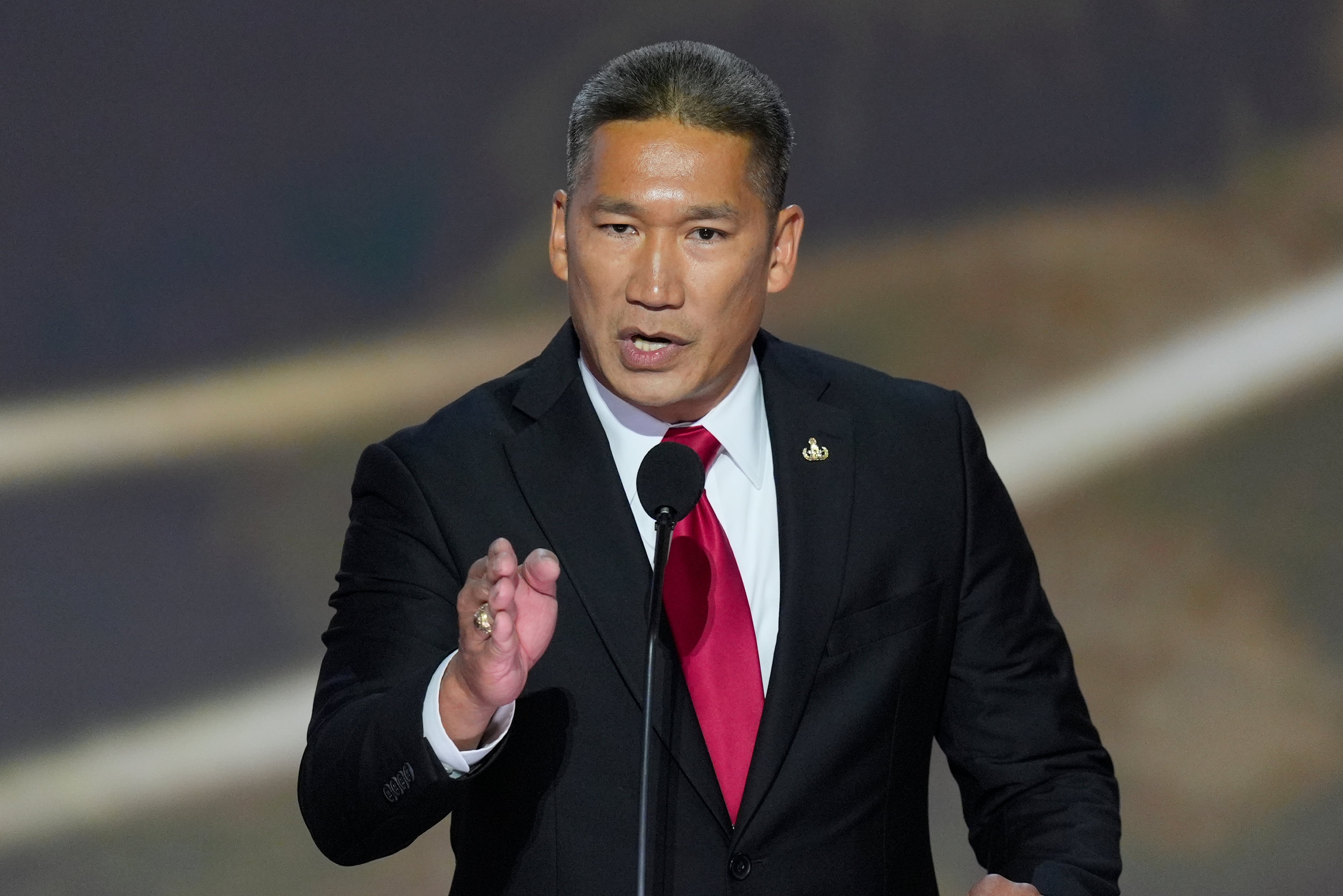OKLAHOMA CITY — Funeral services are this weekend in Oklahoma for two Korean War soldiers whose remains were recently identified after they died two days apart in what is described as a running battle with North Korean forces during the early stages of the war.
Services will be Saturday in Idabel for Army Pvt. Charles Kaniatobe of Idabel and on Sunday in Bokchito for Army Pfc. Mathis Ball Jr. of McKinney, Texas.
Charles Kaniatobe, a member of Company A, 1st Battalion, 21st Infantry Regiment, 24th Infantry Division, was 21 when he was declared missing July 10, 1950, a day after a battle near the town of Chonui, as the North Korean forces attempted to drive to what was then known as Taejon in an attempt to occupy it, according to Defense POW/MIA Accounting Agency spokesman Chuck Pritchard.
Ball, known by his family as J.R. and a member of Company M, 3rd Battalion, 21st Infantry Regiment, 24th Infantry Division, was 20 when he was declared missing July 12, 1950, following combat with the same North Korean regiment near Choch’iwon, South Korea, about 5 miles from where Kaniatobe disappeared, according to Pritchard.
"The battle went on until September when the North Koreans finally retreated," Pritchard said.
Hobert Ball of Waurika, Ball's nephew, said Friday that there are no words to describe his feelings of bringing home an uncle he never met.
"Not really, I couldn't believe it when they called me and told me they identified him" using DNA and other evidence, Ball said.
"Grandmother kept his picture on the wall till the day she died, they never knew what happened to him," Ball said.

Rick Kaniatobe, a nephew of Charles Kaniatobe who also never met his uncle, said his father, Jim, is the oldest surviving sibling and remembers hunting and fishing with his brother, who was five years older.
"He was happy, because even though it's been such a long time ... people had made it up in their minds and hearts that this day would never come," Rick Kaniatobe said. "He's not going to really get to see his brother, but his remains are coming home, Charles is coming home. That's what my grandparents had hoped for." Kaniatobe said.
"I've heard so much about him I feel like I knew him," Hobert Ball said about his uncle, adding that he once met a man who said he had served with his uncle.
"He said he had been shot multiple, multiple times and J.R. dragged him up under a tree for cover, then went to get help. He saved his life," Ball said.
The remains of both men were among hundreds of bodies of soldiers recovered in October 1950 and later sent to Hawaii, but remained unknown until DNA tests confirmed their identities, Ball in August and Kaniatobe in September.





